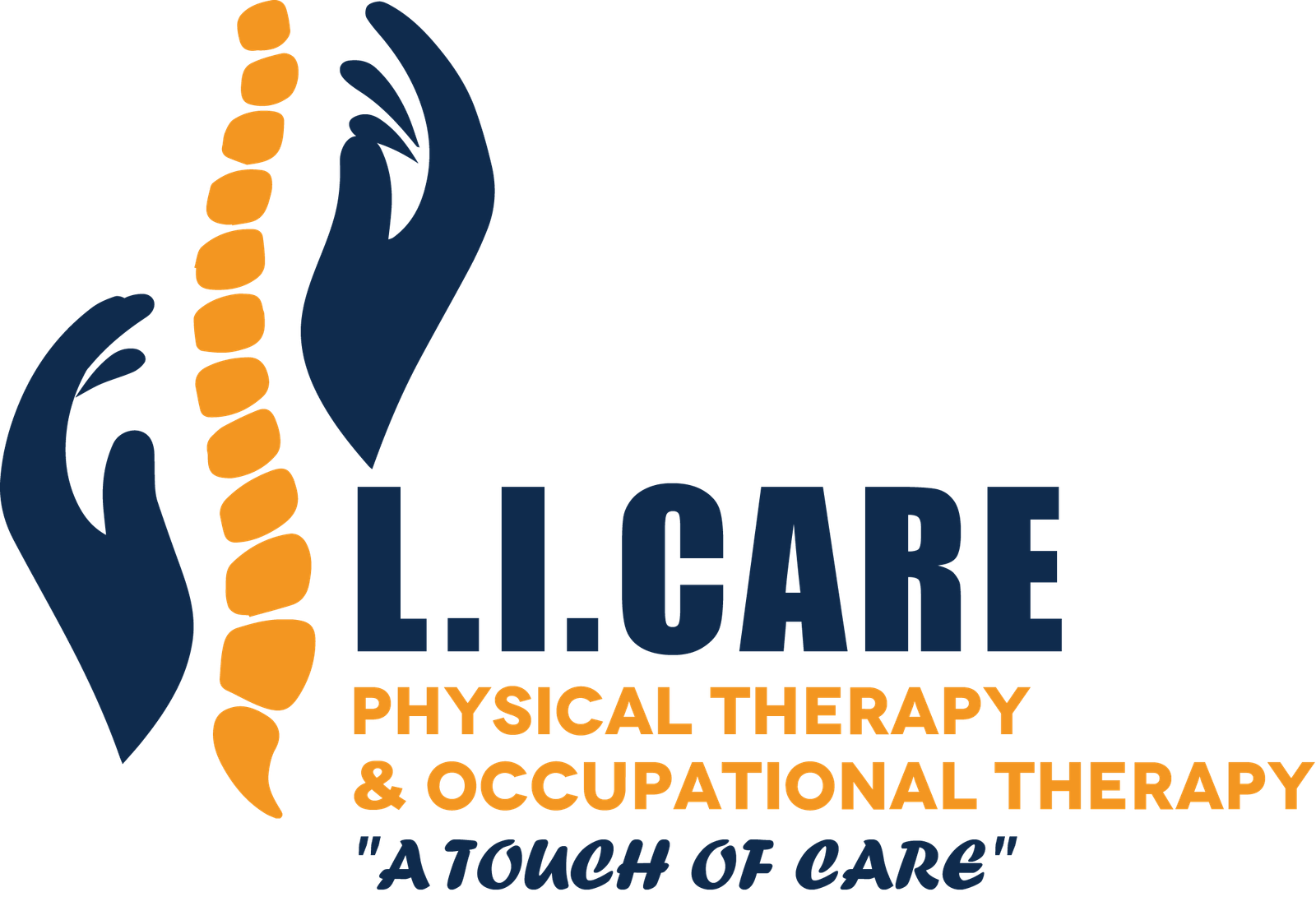Vestibular Therapy
Overview
Vestibular therapy is a specialized form of rehabilitation designed to address disorders of the vestibular system, which contributes to balance, spatial orientation, and coordination.
Vestibular therapy aims to alleviate symptoms associated with vestibular dysfunction, such as vertigo, dizziness, imbalance, and motion sensitivity, by promoting adaptation, habituation, and compensation mechanisms within the vestibular system.
Through a combination of exercises, maneuvers, and strategies, vestibular therapy helps individuals improve balance, reduce symptoms, and regain confidence in their ability to perform daily activities.

How Can I Start with Vestibular Therapy?
Starting vestibular therapy begins with an evaluation by a qualified healthcare professional who specializes in vestibular rehabilitation, such as a physical therapist.
During this evaluation, our therapist will conduct a comprehensive assessment of your vestibular function, including a review of your medical history, assessment of your symptoms and functional limitations, and administration of vestibular tests and measures.
Based on the assessment findings, our therapist will develop a personalized treatment plan tailored to address your specific vestibular disorder and rehabilitation goals.
Vestibular therapy sessions may be conducted in a clinical setting or at home, depending on your needs and preferences. With consistent participation and adherence to your treatment plan, you can experience improvements in balance, symptom reduction, and functional recovery.
Is Vestibular Therapy Really Beneficial?
Vestibular therapy offers numerous benefits for individuals experiencing symptoms of vestibular dysfunction, including vertigo, dizziness, imbalance, and motion sensitivity.
Here’s why vestibular therapy is considered beneficial:
- Symptom Reduction: Vestibular therapy is highly effective in reducing symptoms associated with vestibular disorders, such as vertigo, dizziness, lightheadedness, and motion sensitivity. By promoting adaptation, habituation, and compensation mechanisms within the vestibular system, vestibular therapy helps individuals experience fewer and less severe symptoms over time.
- Improved Balance and Stability: Vestibular therapy helps individuals improve balance, coordination, and postural control, reducing the risk of falls and enhancing mobility. By targeting proprioception, vestibular reflexes, and sensorimotor integration, vestibular therapy enhances dynamic stability and confidence in performing daily activities.
- Enhanced Functional Independence: Vestibular therapy enables individuals to regain confidence and independence in performing activities of daily living, such as walking, driving, and self-care. By addressing vestibular-related impairments and functional limitations, vestibular therapy improves overall functional capacity and quality of life.
- Prevention of Secondary Complications: Vestibular therapy helps prevent secondary complications associated with vestibular disorders, such as muscle weakness, deconditioning, and social isolation. By promoting active engagement in rehabilitation and optimizing physical and cognitive function, vestibular therapy reduces the risk of long-term disability and dependency.
- Comprehensive Care: Vestibular therapy is often integrated into a comprehensive care plan that may include medical management, diagnostic testing, and multidisciplinary collaboration. By working closely with healthcare providers, vestibular therapists ensure holistic and coordinated care that addresses all aspects of the individual’s vestibular health and well-being.
With its evidence-based approach, individualized treatment strategies, and focus on long-term success, vestibular therapy remains an essential component of comprehensive vestibular care, supporting individuals in their journey toward vestibular health and well-being.

